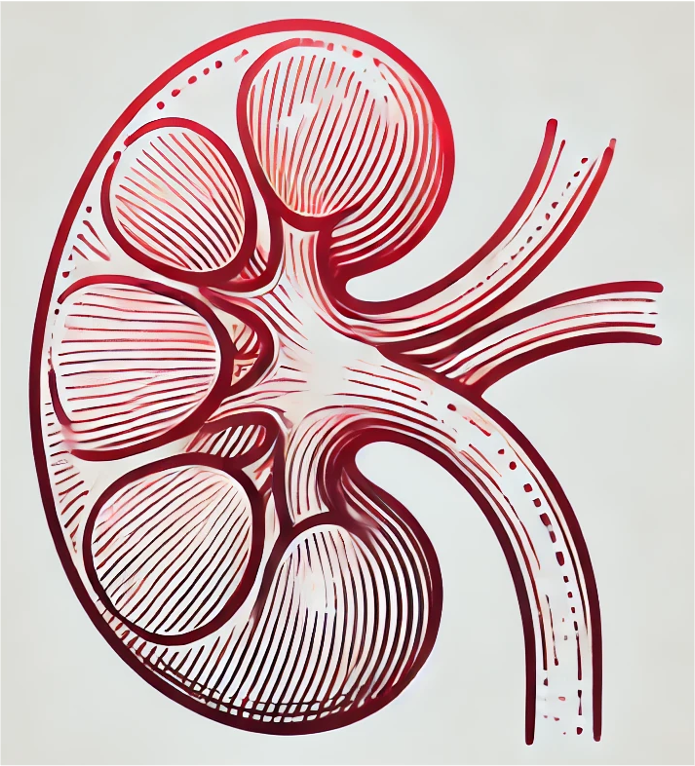Description
End-stage renal disease (ESRD) is the final stage of chronic kidney disease, which is increasingly prevalent worldwide and is associated with the progression of cardiovascular disease (CVD). Indoxyl sulfate (IS) and p-cresyl sulfate (PCS), major uremic toxins, are major risk factors involved in the pathology of CVD via adverse effects on endothelial cells and immune cells. Thus, transcriptomic overview of uremic toxin-mediated genes in immune cells of ESRD patients is critical, but not yet fully known. We investigated the alteration of gene expressions and biological pathways mediated by major uremic toxins, in ESRD patients monocytes, via microarray analysis.; To explore uremic toxin-related transcriptional profiling in ESRD patient-derived monocytes, purified monocytes from healthy controls were treated with IS or PCS for 24 hr, followed by conducting microarray on these samples.
Overall Design
Purified monocytes of healthy controls were treated with IS or PCS for 24 hr and then were subjected to microarray
Curator
xm_li
